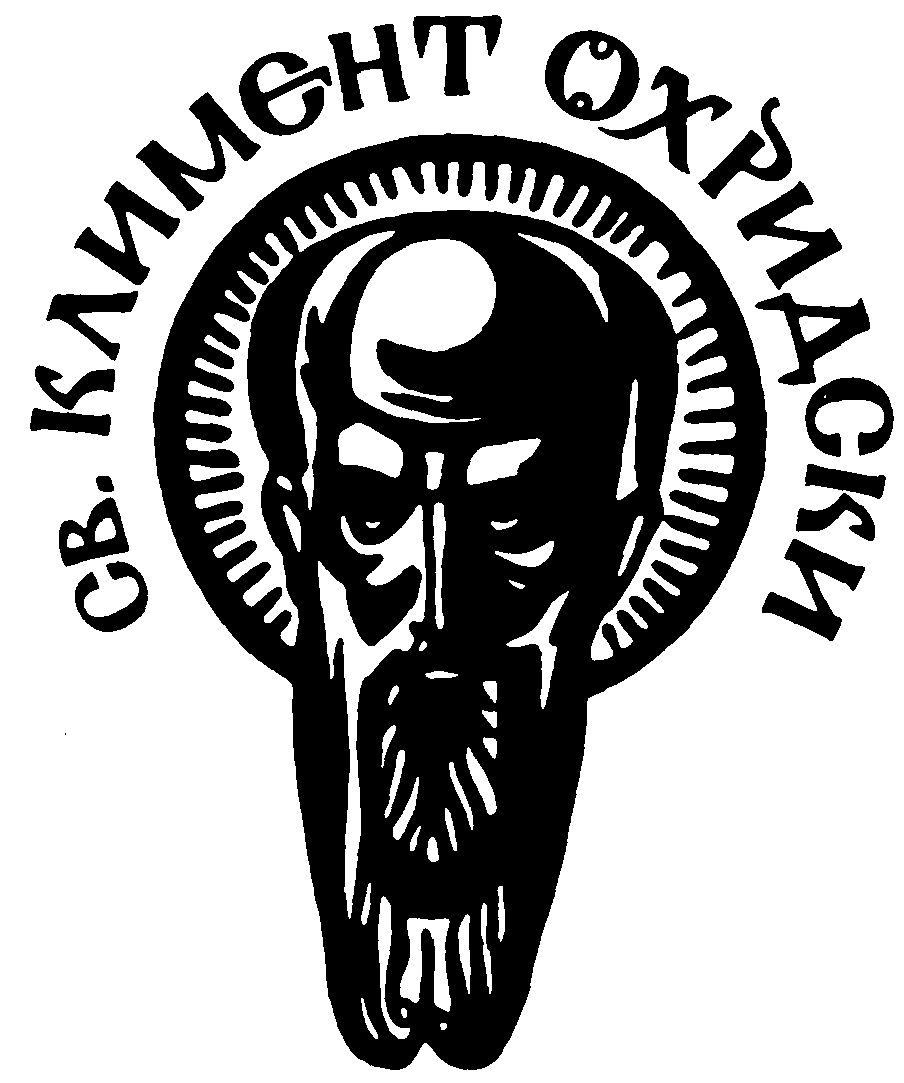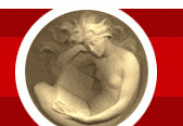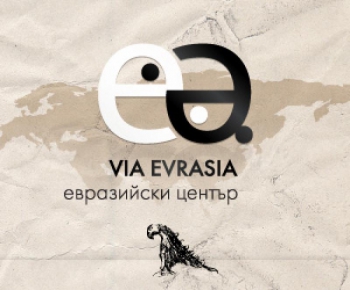PRISTINA, Yugoslavia, April 19— As Enver Hoxha, Albania's Stalinist leader, was buried Monday in Tirana, the Albanians who form a large majority in the Yugoslav province of Kosovo neither mourned publicly nor vented any of their clearly mounting nationalistic feelings.
Some in the towns that can receive the Tirana television watched as the Albanian leader's closed coffin was dragged off behind a jeep in a ceremony patterned after Stalin's funeral. Some listened to the orations on the Tirana radio, which usually intersperses some sophisticated cultural programming with music, which has included a song called, ''Forty Years of Building Socialism in the Countryside.''
But despite assertions from emigre groups in the West, there were no student demonstrations in this fast-rising city, where bank buildings tower over old minarets and cast shadows over an Oriental market. No new graffiti appeared in this Kosovo province city, 150 miles south of Belgrade, to extol Mr. Hoxha, who was 76 years old.
And there were no cries of ''Kosova Republic,'' cries that have sent several hundred young people to prison, creating legions of contemporary martyrs in this society of families linked in clans.
Concern Beneath the Calm
But beneath the appearance of calm, there was evidence of deep concern. No one in authority wanted to speak to a visitor about the situation, at least not without guarantees of anonymity.
A Communist League meeting here on the day of the funeral took up the issue of Yugoslav territory that was once Albanian. And both here and in Belgrade there is little doubt that the Kosovo problem, as it is called, is second only to the sagging economy as a national concern.
''To tell you the truth, I was surprised that things were so quiet,'' said Miso Kikovick, a reporter for a Belgrade paper who is based in Pristina. ''I worked until 1 in the morning, and there was absolutely nothing to report.''
He said his expectations of some protest, however mild, were heightened because the death of the Albanian leader a scant 100 miles away coincided roughly with the fourth anniversary of student riots, in which local Albanians say more than 200 people were shot to death by the police. The Government says only nine people were killed in the disorders, which began when university students protested over cafeteria food.
Whatever the death toll, the disorders impressed on all Yugoslavia that the growing consciousness of the ethnic Albanians, coupled with often vague political stirrings, was posing severe problems for this federation of precariously balanced national groups.
Reviving a Balkan Nightmare
In all six republics, the largely inchoate yearnings for a new Albanian nation straddling an international border prompted revivals of the gravest Balkan nightmare, fragmentation.
The echoes of that fear were evident in the party meeting here on the day of the funeral. As reported in the local press, speaker after speaker, Albanians and Serbs, discussed the problem of territory that was formerly Albanian. Some of the delegates to the meeting chastised local officials for failing to stem hay-burnings and gravestone topplings, which they said have accelerated the panicky flight of Serbs and Montenegrins from the region.
Other speakers condemned these acts but said that they were really quite rare and that in fact the departure of the Serbs from the autonomous province of Kosovo was not the result of vandalism. Rather, they said that the Serbs' departure was a result of a perception of diminishing fortunes, and that one population was growing uneasy and leaving as another was growing assertive and more numerous.
Though different views were expressed at the party meeting, the consensus endorsed the party line, which calls for a tough stance against expressions of nationalism. The party line also appeals for full republic status and generous spending in Kosovo in a revenue-sharing program under which the wealthier republics invest in the province, Yugoslavia's poorest region.
The underlying assumption appears to be that money and new constructions will enhance economic integration with the rest of Yugoslavia, and that the nationalistm may then subside.
From Village to Bustling City
This city itself stands as testimony to these policies. A huge newspaper office, towering banks and a large hotel stand in what was essentially a village a decade ago. In the center is the university, which, with 26,000 students, is the third largest in Yugoslavia.
One professor said most of the students were children of peasants, who were often illiterate. Most study Albanian literature, language and history. he said. The local economy cannot absorb them, he added, and the large numbers of educated, nationalistic and unemployed youth would be a combustible mixture even if there were no nation across the border that could play on these frustrations.
None of the young people encountered in Pristina's coffee houses appeared to have any sympathy for the Government of Mr. Hoxha or for his successor, Ramiz Alia, who in his funeral oration pledged to continue the the isolation of Mr. Hoxha's rule and the policy of considering hopelessly revisionist Communism as it is practiced in the Soviet Union, China and Yugoslavia.
''We know there is no freedom there,'' a young man said over a Turkish coffee, ''that the churches and mosques have been shut and that perhaps 60,000 people have been killed. But we also know that the people there are our brothers. Like us, they are Albanian.''
Cultural issues tend to dominate over economic expectations. ''You have to understand,'' said Idris Aieti, the director of Kosovo's Institute of Albanian Studies, ''the Albanians are a very old people with roots to the ancient Illyrians. But in modern terms, they are a very young nation. Only since the second world war are we experiencing the rebirth that other European nations went through in the 19th century.''
Stirred by Poetry
Just before the Hoxha funeral, there was a poetry contest in which young Albanians recited their original sagas. Several used the partisan struggle in World War II as their theme. But according to one young man who was present, every time the word partisan - a hallowed Yugoslav term - was used, the audience understood it to refer to one of the men or women who are in prison for advocating the notion of greater self-government.
A foreigner who has close ties to the young says he is convinced that the overwhelming number of the young still want that self-government to be within the framework of Yugoslavia.
He noted that the authorities in Belgrade were lucky that the Tirana Government was rigid, because if it grew milder nationalist feelings of ethnic Albanians who live in Yugoslavia might well become stronger.
That is not the way things are seen in Belgrade. At a news conference in the capital, Mitja Ribicic, the former Premier of Yugoslavia, expressed hopes for better ties with Albania, noting that it ''was the motherland of people who live in our country.''
But, he said: ''A change of frontiers is out of the question and would only represent a step toward unrest. Nobody in Europe would favor this.''



















